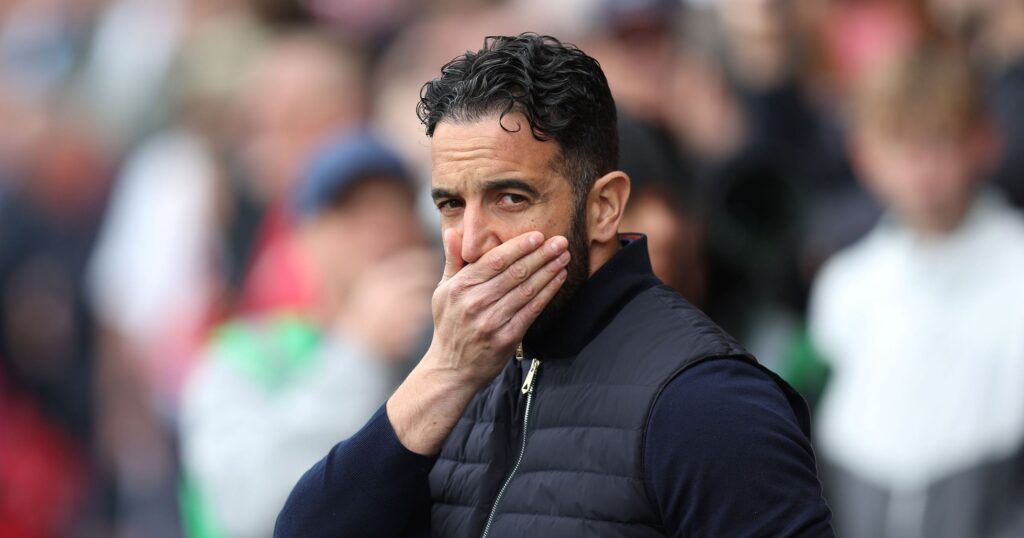Former Manchester United manager Ole Gunnar Solskjaer has recently admitted that it is “hard to watch” his former team as they struggle in the Premier League. The heartfelt statement from Solskjaer sheds light on the sentiments of a true club legend who has previously dedicated a significant portion of his professional life to Manchester United. As someone who has experienced both the highs and lows at Old Trafford, his emotional attachment is clear.
During his tenure as the head coach at Manchester United, Solskjaer had a mixed legacy, finishing sixth, third, second, and eighth in the Premier League over four seasons following a storied playing career with the club. His time at the helm yielded moments of brilliance, but also had its fair share of challenges. Reflecting on this experience now, Solskjaer expressed his ongoing connection to the club, stating, “Man United is my family and will always be a part of me.” This connection is a reminder of the passion and loyalty that many former players and managers feel towards the club, regardless of their current circumstances.
In discussing the situation facing Manchester United, Solskjaer emphasized the privilege of working for such a prestigious club, acknowledging the harsh realities of football where one cannot afford to feel pity. “In football, you don’t feel sorry for anyone because we are privileged, absolutely 100% privileged, to be able to work in clubs like this,” he remarked. However, it is evident that the struggles of his former team weigh heavily on him. “It is hard to watch because it is your family that is struggling,” he lamented, indicating how difficult it is for him to witness their current performance, particularly when looking at the league standings each weekend.
In a significant career shift, Solskjaer is now the head coach of Turkish team Besiktas. Interestingly, one of the compelling factors that drew him to this role is the resemblance he sees between Besiktas and Manchester United. He expressed delight in the club’s culture and potential, saying, “The club is fantastic,” and further elaborated that this was the only club that made him look back fondly and think, “I wish I was there.” This connection shows how deeply intertwined the values of identity and culture are to Solskjaer, reinforcing the idea that great clubs often reflect shared principles and ethics, such as honesty and community engagement.
Solskjaer’s observations about Besiktas resonate deeply with his experiences at Manchester United, where he was part of a team that first introduced Turkish clubs to international competition. He remarked on the similarity in values and the shared ambition of both clubs, highlighting how every successful football institution is built on a solid foundation of identity and purpose.
Despite the struggles this season, Manchester United fans still harbor hopes of redemption through potential success in the UEFA Europa League. Currently, the team holds a favorable position in the semi-final against Athletic Club, leading 3-0 on aggregate thanks to goals from key players Casemiro and Bruno Fernandes. The upcoming return leg at Old Trafford promises to be vital, with its outcome potentially paving the way for a spot in the prestigious UEFA Champions League next season. This glimmer of hope serves as motivation for the team and its devotees during what has otherwise been a challenging campaign.
In conclusion, Solskjaer’s sentiments reflect a familiar struggle for many who have a passionate connection to their clubs. His journey from player to manager at Manchester United and now as the coach of Besiktas illustrates the emotional depth inherent in football. Manchester United’s aspirations for a successful end to the season offer a bright prospect amidst ongoing challenges, reminding fans and former players alike that in football, hope always persists.



